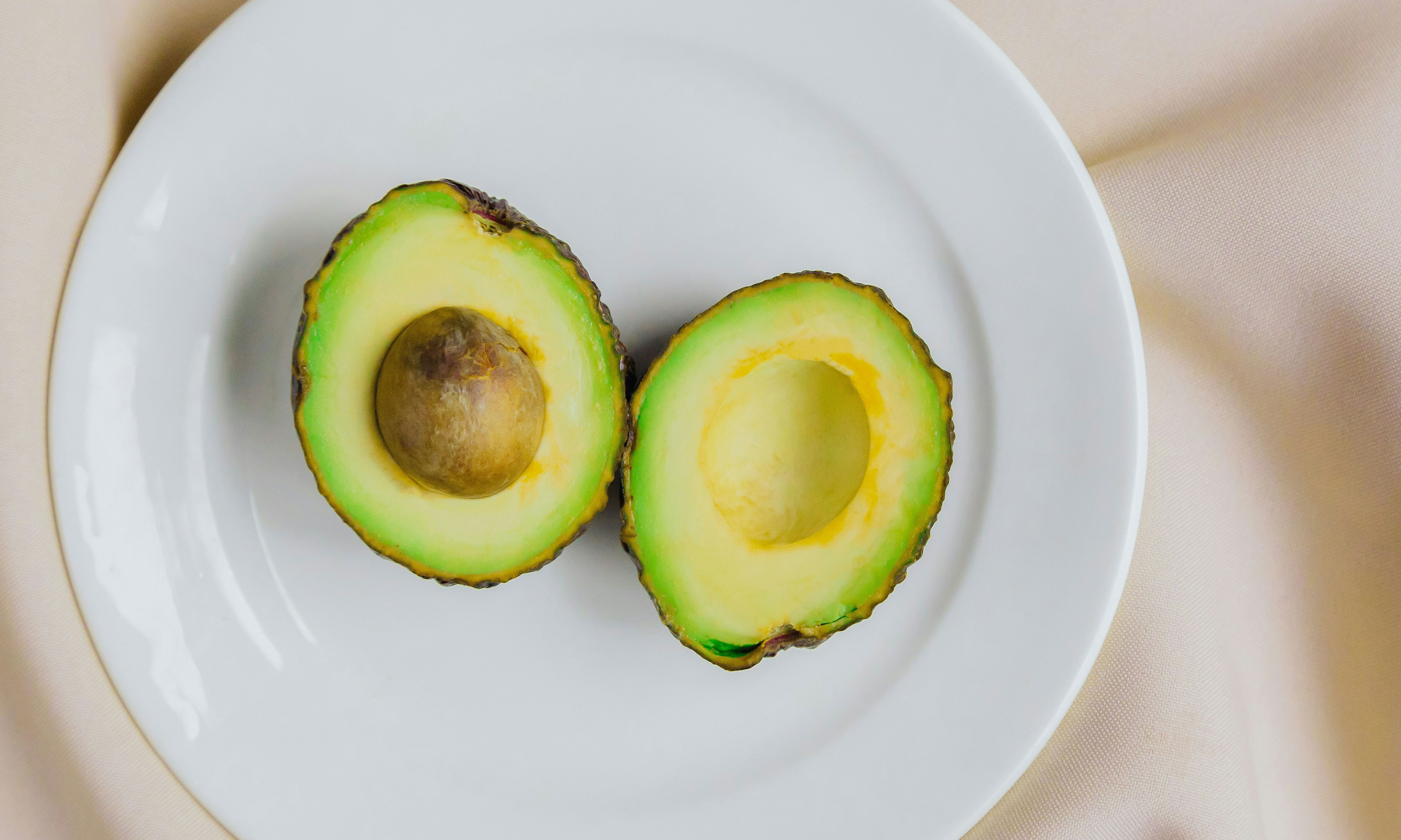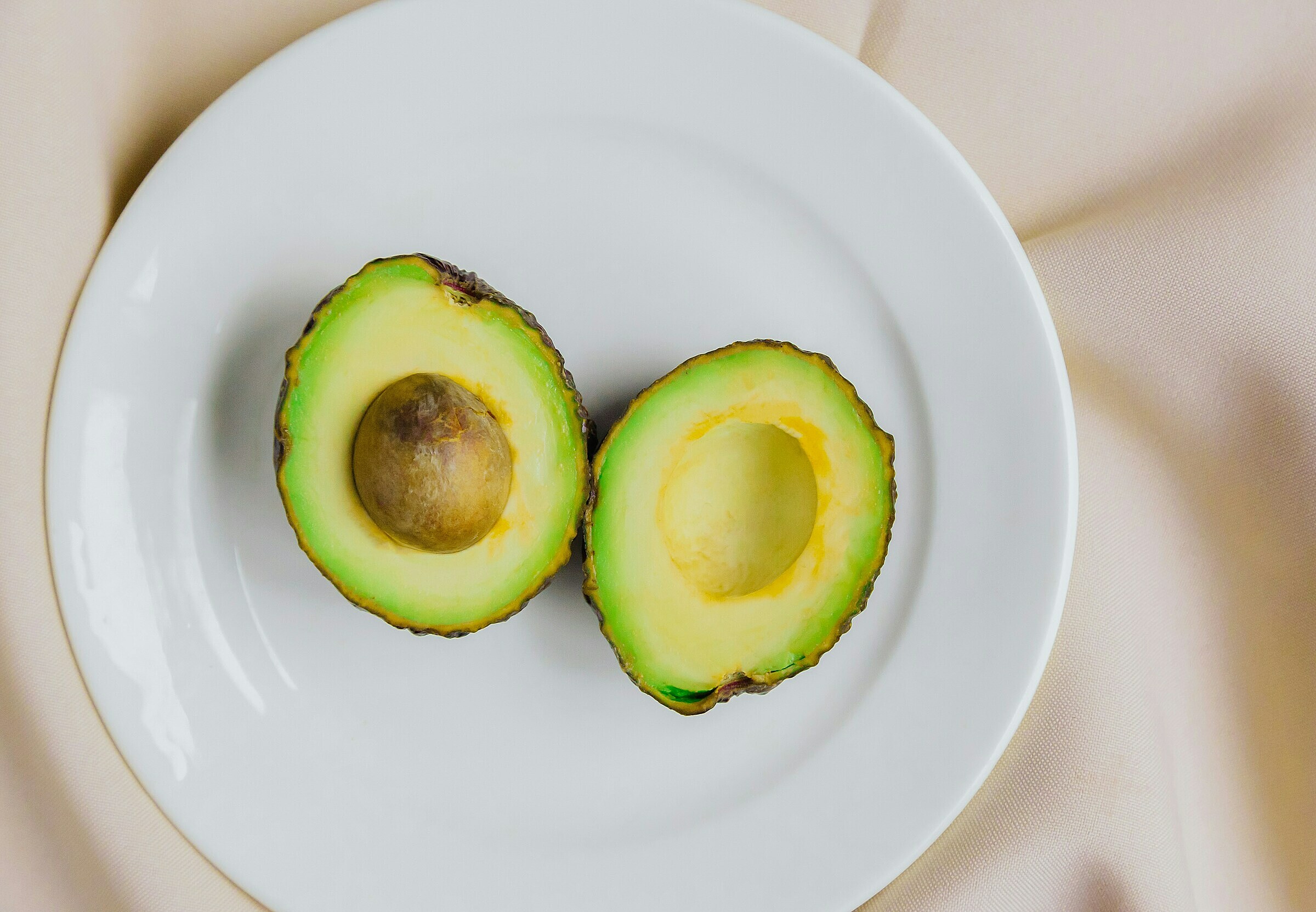
Avocados have become a valuable component of diets for managing high cholesterol due to their content of monounsaturated fats, fiber, and potential to decrease triglyceride levels.
Cholesterol, a waxy, fat-like substance found in the body, plays a vital role in building cells and producing hormones. However, an excessive amount can indeed lead to severe health issues.
Cholesterol is categorized into "good" HDL cholesterol, which extracts excess cholesterol from the bloodstream, and "bad" LDL cholesterol, which can accumulate in blood vessels and heighten the risk of heart disease and other cardiovascular complications.
For those with high cholesterol, often signaled by LDL levels exceeding 190 milligrams per deciliter, incorporating avocados into their diet can be especially beneficial. Here are three ways avocados can aid in cholesterol management:
1. Providing monounsaturated fats

|
|
A sliced avocado on a white dish. |
Avocados are rich in monounsaturated fatty acids (MUFAs), which can improve cardiovascular health by reducing unhealthy low-density lipoprotein (LDL) cholesterol levels and either maintaining or elevating beneficial high-density lipoprotein (HDL) cholesterol.
According to the Harvard T.H. Chan School of Public Health, a whole medium avocado consists of 22 grams of fat, including 15 grams of monounsaturated, 4 grams of polyunsaturated, and 3 grams of saturated fats, and possesses low sodium levels and zero cholesterol.
omega-3 fatty acids found in oily fish, diverging from the saturated fats present in dairy and meat, which are known to elevate the levels of cholesterol.
2. Providing a significant amount of fiber
Avocados are also an excellent source of dietary fiber, with a medium avocado providing approximately ten grams of fiber. Research, including studies by the American Heart Association, suggests that intake of fiber can boost levels of HDL cholesterol and improve the overall quality of LDL cholesterol.
Therefore, regular consumption of avocado can substantially reduce the risk of cardiovascular diseases and coronary heart conditions.
3. Reducing triglyceride levels
Blood fats known as triglycerides can contribute to an increased risk of heart disease if their levels are elevated, most notably when combined with high levels of LDL cholesterol or low levels of HDL cholesterol. Studies, including a 2015 meta-analysis in the Journal of Clinical Lipidology, suggest that replacing animal fats with avocados can lower levels of LDL cholesterol and triglycerides, and thereby improve heart health.
While avocados can help with cholesterol control, they need to be part of a complete diet plan that also limits consumption of saturated and trans fats, incorporates regular exercise, avoids smoking, and manages stress levels well. Dietary advisors suggest replacing animal fats with avocados as part of a well-rounded diet to achieve optimal health benefits.
